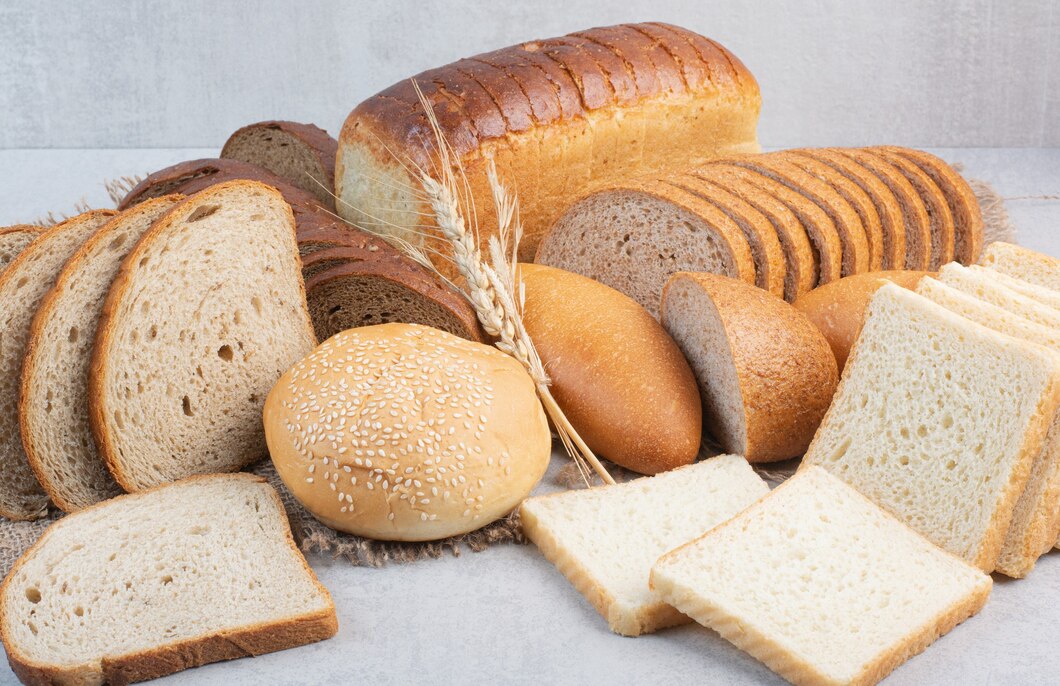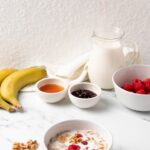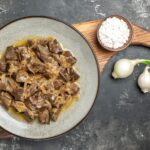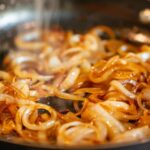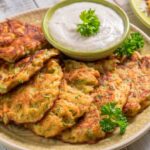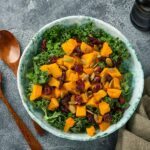Following a low-carb diet can be an effective way to manage weight, control blood sugar levels, and improve overall health. However, this dietary approach requires careful consideration of the foods you consume. For South Africans looking to adopt a low-carb lifestyle, here are 20 foods to avoid:
- Bread: Traditional bread, including white, brown, and whole wheat, is high in carbohydrates. This staple food is best replaced with low-carb alternatives like almond flour bread or cloud bread.
- Rice: Both white and brown rice are high in carbs and should be avoided. Cauliflower rice is a popular low-carb substitute that can be used in a variety of dishes.
- Pasta: Regular pasta made from wheat flour is rich in carbs. Opt for alternatives like zucchini noodles (zoodles) or shirataki noodles.
- Potatoes: Potatoes, including sweet potatoes, are high in carbohydrates. Replace them with lower-carb vegetables like cauliflower, turnips, or rutabaga.
- Sugary Beverages: Soft drinks, fruit juices, and sweetened teas are packed with sugar and carbs. Stick to water, herbal teas, and unsweetened beverages.
- Sugar: Obvious sources of sugar like candy, sweets, and desserts should be avoided. Natural sweeteners like stevia or erythritol can be used as alternatives.
- Fruits: While fruits are healthy, many are high in natural sugars. Limit fruits like bananas, grapes, and apples, and choose lower-carb options such as berries.
- Breakfast Cereals: Most breakfast cereals are high in sugar and carbs. Opt for low-carb breakfast options like eggs, avocado, and Greek yogurt.
- Legumes: Beans, lentils, and chickpeas are nutritious but high in carbs. Consider replacing them with lower-carb protein sources like meat, fish, and tofu.
- Corn: Corn and corn-based products like tortillas and popcorn are high in carbs. Substitute with low-carb vegetables like leafy greens and bell peppers.
- Starchy Vegetables: Vegetables such as peas, carrots, and beets contain more carbs than non-starchy vegetables. Focus on leafy greens, broccoli, and cucumbers instead.
- Baked Goods: Muffins, cakes, cookies, and pastries are high in carbs and sugar. Explore recipes for low-carb baked goods using almond or coconut flour.
- Snack Foods: Chips, pretzels, and crackers are high in refined carbs. Choose snacks like nuts, seeds, and cheese instead.
- Milk: Regular cow’s milk contains lactose, a type of sugar. Opt for unsweetened almond milk, coconut milk, or other low-carb milk alternatives.
- Yogurt: Flavored and sweetened yogurts are high in sugar. Stick to plain, full-fat Greek yogurt and add your own low-carb sweeteners or berries.
- Honey and Syrups: Natural sweeteners like honey, maple syrup, and agave are high in carbs. Use sugar-free syrups or natural low-carb sweeteners.
- Condiments: Many condiments like ketchup, barbecue sauce, and salad dressings contain added sugars. Look for sugar-free versions or make your own at home.
- Processed Foods: Packaged and processed foods often contain hidden sugars and carbs. Focus on whole, unprocessed foods for a low-carb diet.
- Alcoholic Beverages: Beer and sweet cocktails are high in carbs. Opt for dry wines, spirits like vodka or gin with soda water, or low-carb beer options.
- Grains: Foods made from grains, including wheat, oats, and barley, are high in carbs. Avoid these and choose low-carb grains like quinoa in moderation or opt for non-grain alternatives.
Adopting a low-carb diet requires mindful eating and choosing foods that align with your dietary goals. By avoiding high-carb foods like bread, pasta, rice, and sugary snacks, South Africans can effectively manage their carb intake and enjoy the benefits of a low-carb lifestyle. Focus on incorporating nutrient-dense, low-carb foods such as lean proteins, healthy fats, and plenty of non-starchy vegetables to create balanced and satisfying meals.
